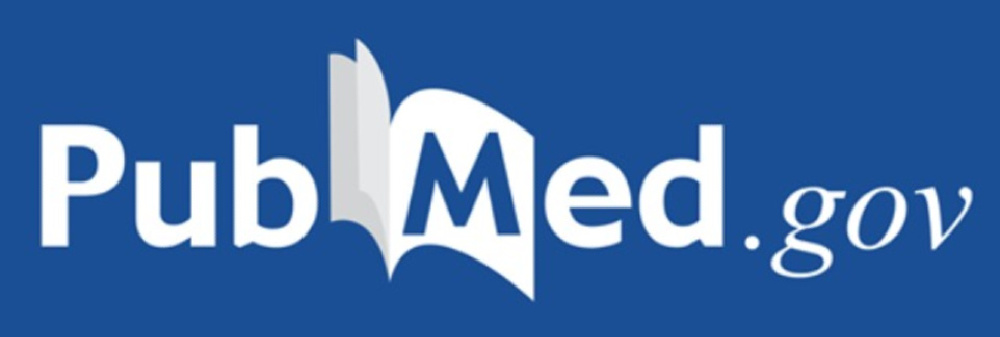Abstract
Cannabis extracts in oil are becoming increasingly available, and, during the last years, there has been growing public and scientific interest about therapeutic properties of these compounds for the treatment of several neurologic diseases, not just epilepsy. The discovered role of the endocannabinoid system in epileptogenesis has provided the basis to investigate the pharmacological use of exogenously produced cannabinoids, to treat epilepsy. Although, physicians show reluctance to recommend Cannabis extracts given the lack of high-quality safety available data, from literature data cannabidiol (CBD) results to be a promising and safe anticonvulsant drug with low side-effect. In particular, according to early studies, CBD can reduce the frequency of seizures and lead to improvements in quality of life in children affected by refractory epilepsy. So, for these reasons, the detailed study of the interactions between CBD and anticonvulsant drugs (AEDs) administered simultaneously in polytherapy, is arousing increasing interest, to clarify and to assess the incidence of adverse effects and the relation between dose escalation and quality of life measures. To date, in pediatric age, CBD efficacy and safety is not supported by well-designed trials and strong scientific evidence are not available. These studies are either retrospective or small-scale observational and only during the last years Class I evidence data for a pure form of CBD have been available, as demonstrated in placebo-controlled RCTs for patients affected by Lennox-Gastaut syndrome and Dravet syndrome. It is necessary to investigate CBD safety, pharmacokinetics and interaction with other AEDs alongside performing double-blinded placebo-controlled trials to obtain conclusive data on its efficacy and safety in the most frequent epilepsies in children, not just in the epileptic encephalopathy. This review was aimed to revise the available data to describe the scientific evidence for CBD in Pediatric Epilepsies.
Keywords: CBD—cannabidiol, DRAVET syndrome, Lennox-Gastaut syndrome (LGS), children, drug-drug interaction, drug-resistant epilepsy (DRE), epileptic encephalopathy
Copyright © 2020 Raucci, Pietrafusa, Paolino, Di Nardo, Villa, Pavone, Terrin, Specchio, Striano and Parisi.
References
-
- Alcorn J., Vuong S., Wu F., Seifert B., Lyon A. (2019). “Pediatric Dosing Considerations for Medical Cannabis,” in Recent Advances in Cannabinoid Research. Eds. Willard James Costain W. J., Laprairie R. B., editors. (Canada: Publisher: IntechOpen; ).


